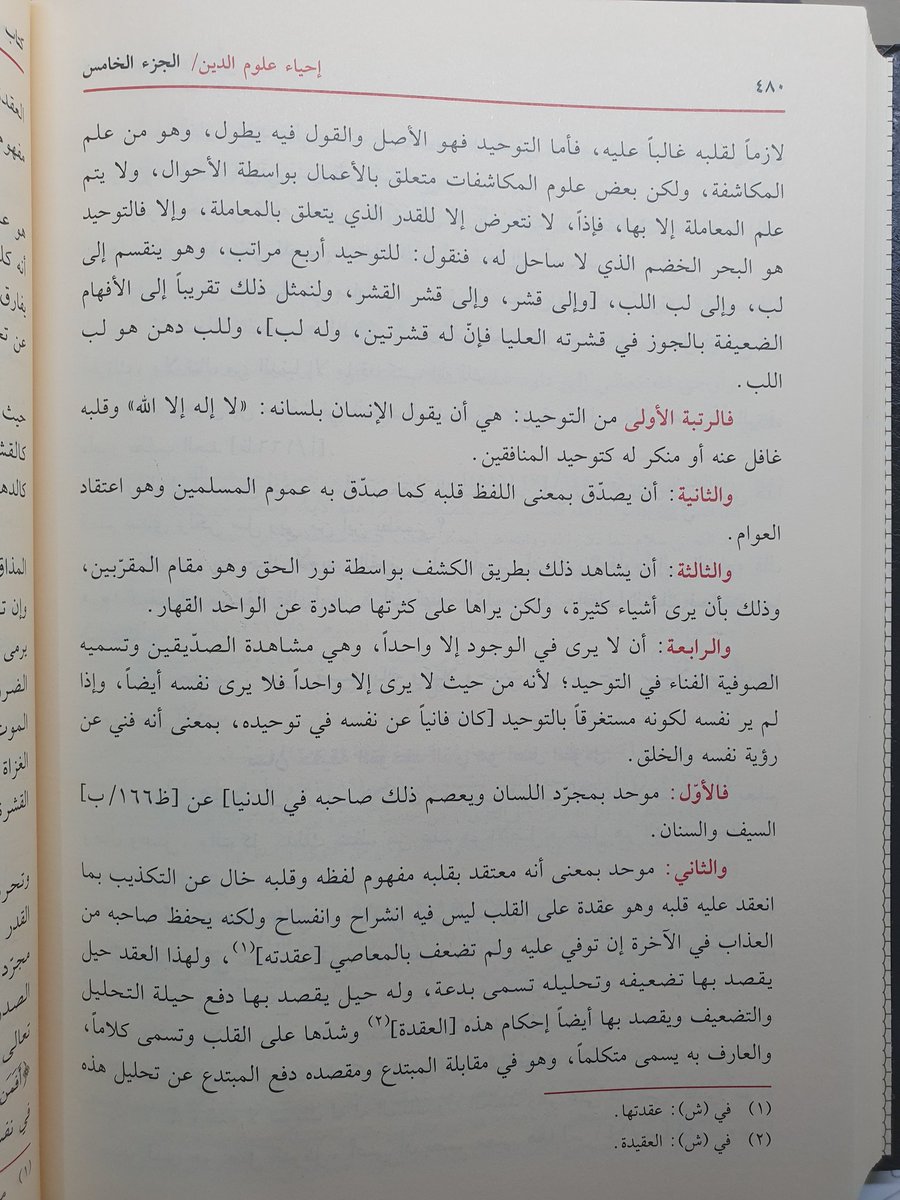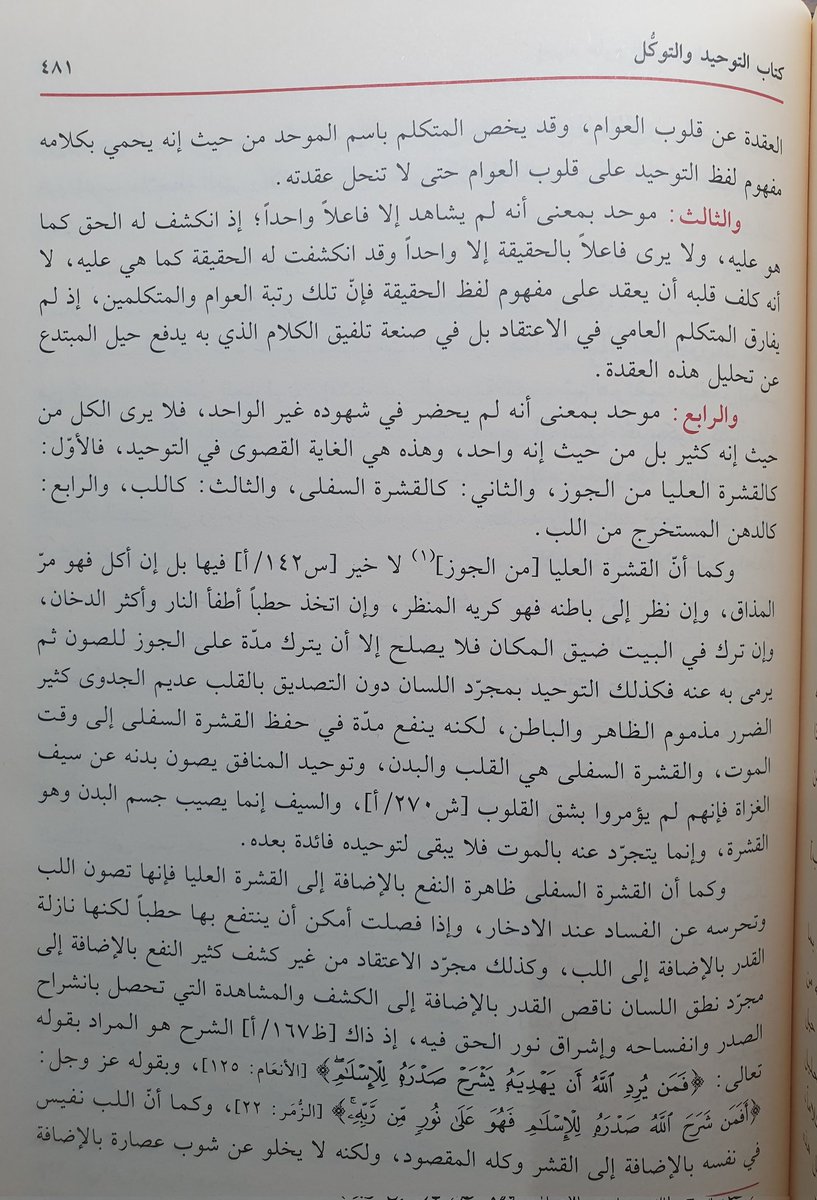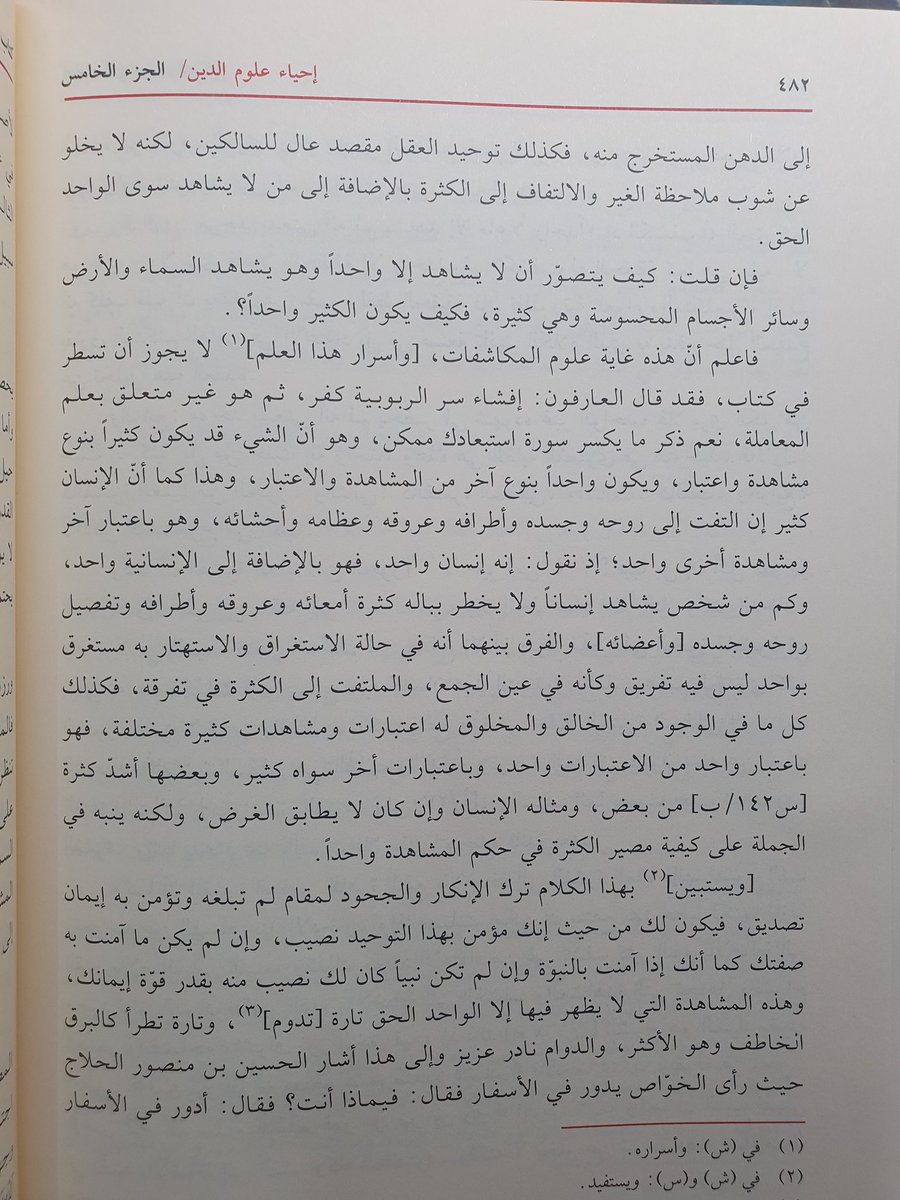Questions to those who claim to follow the Salaf:
🧵
🧵
Before hastily answering:
Scroll down to the end and carefully read the conditions of answers
Not fulfilling the conditions (which I think are all fair) means you will not be given the time of day
Scroll down to the end and carefully read the conditions of answers
Not fulfilling the conditions (which I think are all fair) means you will not be given the time of day
1. Which of the Salaf said there was always creation that existed with Allāh ﷻ?
Or: Which of the Salaf said Allāh ﷻ was eternally creating?
Or: Which of the Salaf said Allāh ﷻ was eternally creating?
2. Which of the Salaf said contingencies subsisting in the essence of Allāh ﷻ is possible?
And which of them said this is what actually happens?
And which of them said this is what actually happens?
3. Which of the Salaf said Allāh ﷻ's Speech is not eternal?
And which of the Salaf said it is actually emergent *in Allāh ﷻ's essence*?
And which of the Salaf said it is actually emergent *in Allāh ﷻ's essence*?
4. Which of the Salaf said we do interpret the texts of Sifāt?
Which of them said their *meanings* are known and clear to them?
Which of them said their *meanings* are known and clear to them?
5. Which of the Salaf said these texts are Muhkam?
And which of them said we understand it from its apparent meaning?
And which of them said we understand it from its apparent meaning?
Hidden premise for (5): Include your definition of “apparent meaning” and justify it
If you are able to: Justify your definition from the Salaf themselves.
If you are able to: Justify your definition from the Salaf themselves.
There are others, but these suffice
These are issues that Salafīs claim to be the full truth and nothing but the truth
If these beliefs are not available in the time of the Salaf, then according to their own standards, they are false
These are issues that Salafīs claim to be the full truth and nothing but the truth
If these beliefs are not available in the time of the Salaf, then according to their own standards, they are false
Or: They admit that these are issues that emerged after the time period of the Salaf and they view them to be the truth that they reached via Ijtihād, which is not binding on any other Muslim
What is the benefit of this?
Drawing the lines clear in the sand
Prevention of Takfīr (or even Tabdī‘) over issues that are not agreed-upon or existent in the time period of the Salaf
Wake-up call to some who are deceived into believing things they don't need to agree with
Drawing the lines clear in the sand
Prevention of Takfīr (or even Tabdī‘) over issues that are not agreed-upon or existent in the time period of the Salaf
Wake-up call to some who are deceived into believing things they don't need to agree with
Conditions of answers:
(a) Citation must be in image form or a link to search engines (shamela/turath/ratib...)
In the case it is an image: Volume and page number must be clearly shown or included in the caption
Original Arabic passage is necessary, no translation or summary
(a) Citation must be in image form or a link to search engines (shamela/turath/ratib...)
In the case it is an image: Volume and page number must be clearly shown or included in the caption
Original Arabic passage is necessary, no translation or summary
(b) There are two options for a citation:
(1) It is from a book written by the person being quoted himself
In this case: This book must be authentically attributed to the author
(2) It is narrated from someone else
In this case: Isnād must be authentic to the person
(1) It is from a book written by the person being quoted himself
In this case: This book must be authentically attributed to the author
(2) It is narrated from someone else
In this case: Isnād must be authentic to the person
(c) The Salaf are as the Messenger ﷺ said: His century, the one after it, and the one after it
Meaning: The Sahāba, the Tābi‘īn, and Atbā‘ al-Tābi‘īn
Sahāba are those who met the Messenger ﷺ
Tābi‘īn are those who met the Sahāba
Atbā‘ al-Tābi‘īn are those who met the Tābi‘īn
Meaning: The Sahāba, the Tābi‘īn, and Atbā‘ al-Tābi‘īn
Sahāba are those who met the Messenger ﷺ
Tābi‘īn are those who met the Sahāba
Atbā‘ al-Tābi‘īn are those who met the Tābi‘īn
Example:
Ibn ‘Umar (Sahābī), Nāfi‘ (Tābi‘ī), Mālik (Tābi‘ al-Tābi‘ī)
Hadīth students will realize that I have mentioned a loose definition of Tābi‘īn that might not be the best one, and that was intentional: To simplify the process
Ibn ‘Umar (Sahābī), Nāfi‘ (Tābi‘ī), Mālik (Tābi‘ al-Tābi‘ī)
Hadīth students will realize that I have mentioned a loose definition of Tābi‘īn that might not be the best one, and that was intentional: To simplify the process
Thus to accomplish (c), one has to be able to prove that the person cited is either a Sahābī, Tābi‘ī, or Tābi‘ al-Tābi‘ī (if it is a contested point)
One might ask: Why not say the Salaf are the first three centuries unrestrictedly? (0-300 AH)
Answer:
One might ask: Why not say the Salaf are the first three centuries unrestrictedly? (0-300 AH)
Answer:
Aside from the technical entailments of the word that are discussed by scholars:
Opening up the field to anyone within the first 300 years is nonsensical, because all sects (even deviant Murtaddīn) existed in that time period
Thus making the entire thread meaningless
Opening up the field to anyone within the first 300 years is nonsensical, because all sects (even deviant Murtaddīn) existed in that time period
Thus making the entire thread meaningless
Bonus answer: Ibn Taymiyyah and his followers say:
What was not a belief held by the people of Badr (the battle), is not from the religion
No one from Badr survived into the 4th century
What was not a belief held by the people of Badr (the battle), is not from the religion
No one from Badr survived into the 4th century
(d) Citations must be clear and explicit, not vague and helped along by the interpretation of a later scholar/figure no matter who this person is (with you/against you)
(e) Citations cannot be from a historian speaking about past positions, nor works of Milal (Maqālāt al-Islāmiyyīn, al-Milal wa-l Nihal, al-Farq Bayn al-Firaq...)
Only by Isnād to specific persons, or direct words in books
Only by Isnād to specific persons, or direct words in books
(f) Bonus: No citation from Ibn Taymiyyah or Ibn al-Qayyim is acceptable unless they transmit what they are saying word for word with a connected Isnād that they wrote down with their own hand and is clear on the page
بسم الله
Surprise me
Surprise me
And by the way, I am being very lenient by asking for 1 statement from 1 person
What I should actually be asking for is Ijmā‘
What I should actually be asking for is Ijmā‘
• • •
Missing some Tweet in this thread? You can try to
force a refresh

 Read on Twitter
Read on Twitter


















